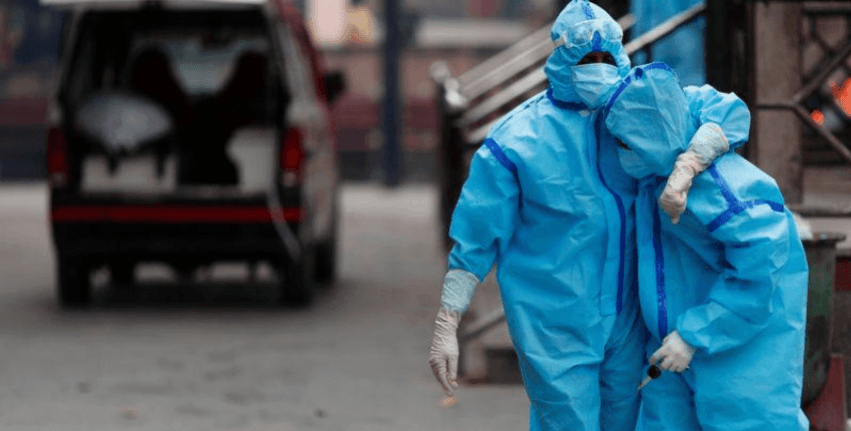
The novel coronavirus that originated from Wuhan is wreaking havoc in all nooks of the world. As per the latest statistics, this deadly pandemic has already claimed the lives of 5,67,780 people and there are more than 10.2 million positive cases worldwide. Now, a recent study report has claimed that COVID-19 is also responsible for triggering broken heart syndrome among people.
Psychological issues triggered by the coronavirus
The study report released by the Journal of the American Medical Association reveals that cases cardiomyopathy, most commonly known as broken heart syndrome have increased drastically post the coronavirus outbreak.
The study carried out by researchers at the Cleveland Clinic in two Ohio hospitals found that cardiomyopathy among people has increased by 7.8 per cent during pandemic's initial apex. Researchers who carried out this study believe that psychological, social, and economic stress related to COVID-19 outbreak is the main reason behind the trigger of cardiomyopathy among many people.
"The association between stress cardiomyopathy and increasing levels of stress and anxiety has long been established. The psychological, social, and economic distress accompanying the pandemic, rather than direct viral involvement and sequelae of the infection, are more likely factors associated with the increase in stress cardiomyopathy cases. This was further supported by negative COVID-19 testing results in all patients diagnosed with stress cardiomyopathy in the study group," wrote the researchers in the study report.
More research should be made before the final conclusion

However, researchers admitted that their study report is not conclusive evidence that hints at the role of coronavirus in triggering cardiomyopathy. According to researchers, the patient sample in this study solely represented people in Ohio, and as a result, there are certain limitations to these findings.
"The results should be interpreted with caution when applied to other states or countries. Further research must examine the association of COVID-19 with the incidence of stress cardiomyopathy and study any temporal or regional differences," added the researchers.

















